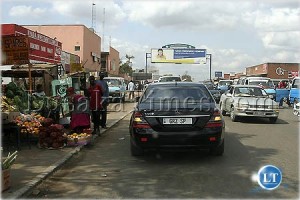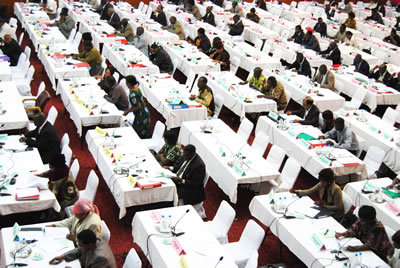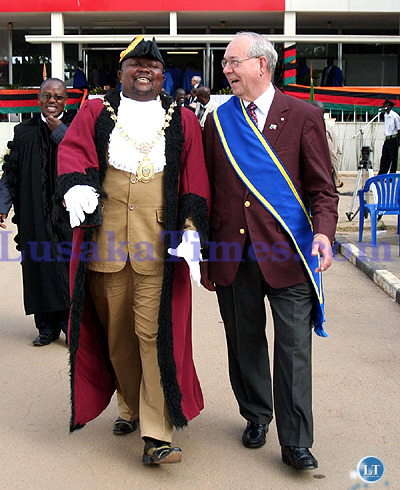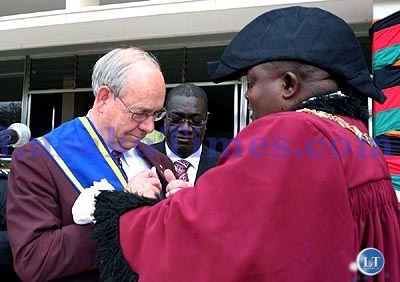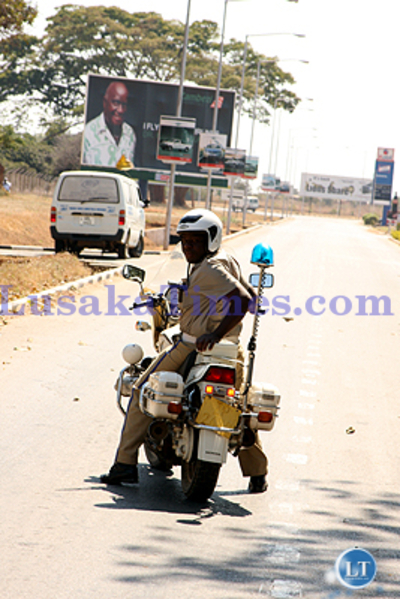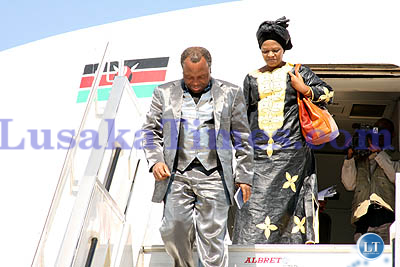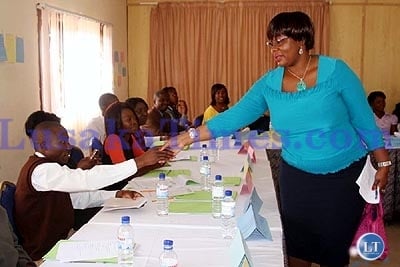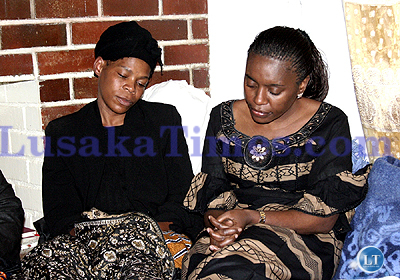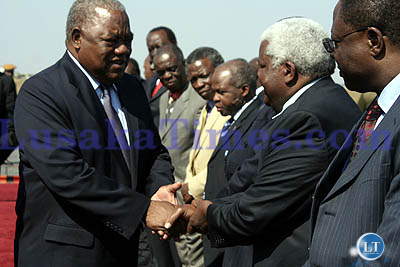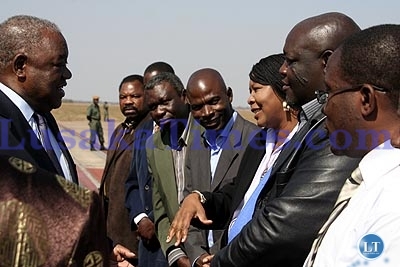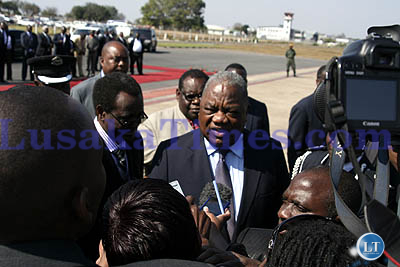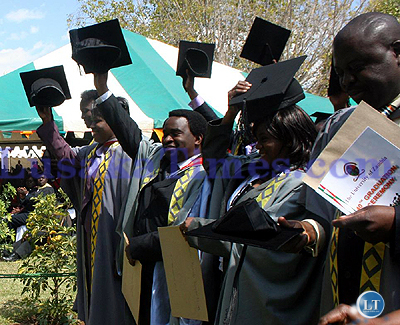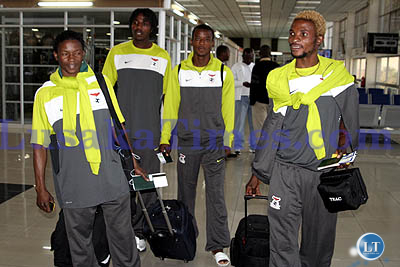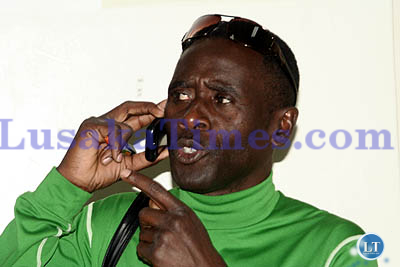
HIGH Court judge Evans Hamaundu has set aside an order that was granted to the Attorney General in July 2007 to register a London High Court judgement against second President Frederick Chiluba and seven others because there is no such provision under the Zambian laws.
This is in a matter in which Dr Chiluba and seven others asked the court to set aside the order made in the High Court granting the Attorney-General leave to register in the Zambian High Court, the London High Court judgement against them by Judge Peter Smith.
High Court judge Japhet Banda, now deceased, had granted leave to the Attorney-General to register the London court judgement in the Zambian High Court under provisions of the Foreign Judgements (Reciprocal Enforcement) Act of the laws of Zambia.
The late Justice also allowed Dr Chiluba and co-defendants, Xavier Chungu, Attan Shansonga, Stella Chibanda, Aaron Chungu, Faustin Kabwe, Ireen Kabwe and Francis Kaunda seven days within which to appeal.
The defendants challenged the registration of Judge Smith’s judgement in which they were found guilty of allegedly stealing US$46 million in a civil case.
The application to set aside the order made in the High Court, allowing the Attorney-General to register the London court ruling was filed by Dr Chiluba, Mr Kabwe and Mr Chungu.
In a judgment delivered on Friday, Judge Hamaundu, who took over the case after the death of Justice Banda said he had searched in the Zambian law provisions that allow direct registration pf judgements obtained in the United Kingdom but found none.
He said the British and Colonial Judgments Act was repealed by the Foreign Judgements Ordinance 12 of 1959. And that at that time, no alternative legal provision had been made for the registration of judgements obtained in the superior courts of the United Kingdom.
“Therefore, after the repeal of the British and Colonial Judgements Act, judgements obtained in superior courts of the United Kingdom would only become registrable under the Foreign Judgements Act if and when the Governor (subsequently President) issued an order extending Part II of the Act to the United Kingdom.
Mr Justice Hamaundu said he had looked through the Zambian law for such an order, but did not find any.
“This means that the Foreign Judgements (Reciprocal Enforcement) Act does not apply to the United Kingdom at present,’ part of the judgment reads.
Judge Hamaundu said he has searched in all the laws, including the “Applied Laws” for any other statutory provision by which judgements obtained in the courts of United Kingdom could be enforced by direct registration.
He said in the circumstances, the Attorney-General should have sought to enforce the London High Court judgement by recourse to the common law, under the principles of “private International law” or Conflicts of Law,’ as the principles are alternatively known.
“For the foregoing reasons, the judgements debtors’ (Dr Chiluba and others) application to set aside the order granting the judgement creditor (Attorney-General) leave to register the judgement of the London High Court of Justice succeeds. I hereby set aside the order that was granted to the judgement creditor on 10th July, 2007,” the judgment reads in part.
[Zambia Daily mail]


